
Sunday, August 02, 2009
Tokyo Lick
YouTube via jeffreystolet. via Devient Synth.
"music composed and performed by Jeffrey Stolet using custom software and infrared sensors"
"New Electro-Acoustic Technologies and Changing Human/ Music Interfaces
With Jeffrey Stolet
Philip H. Knight Professor of Music
Director of Intermedia Music Technology
University of Oregon School of Music
Simple Input, Complex Output: Performance and Data mapping in Tokyo Lick.
Challenges regarding the conceptual design and implementation of human / music
instrument interfaces have a rich and nuanced history. Generally, if a musical instrument
has thrived it has been due to the fact that the particular instrument could provide the
desired musical outcome. Traditional instruments typically display a simple one-to-one
relationship in terms of input and output (e.g., one piano key is depressed, one note is
sounded). Current technologies release us from the shackles of such one-to-one input-
output models and permit to the creation of new types of musical generation. At the
University of Oregon we have been involved with projects where musical robots perform
music, where eye movement data control sound and video, and where infrared sensing
devices control sonic and video events.
In his program, Mr. Stolet will focus on the technology and the human-performance
elements in Tokyo Lick, his composition for infrared sensors, custom interactive software,
and MIDI piano. He performs Tokyo Lick by moving his hands through two invisible
infrared spheres and directing the data derived from those motions to algorithms residing in
customized interactive software created in the Max multimedia programming environment.
Tokyo Lick contains no sequences or pre-recorded material. Mr. Stolet will perform every
note in real-time. Using a technology he refers to as “algorithm flipping,” he can rapidly
change the specific algorithm or algorithms governing the response to the incoming MIDI
control data. He actuates the algorithmic changes through pre-composed schedules, musical
contexts, or through explicit intervention. Taken together, these techniques provide a
conceptual framework for practical input/output mapping (action → specified outcome) and
for control and performance flexibility, while offering a truly new paradigm for virtuoso
music performance.
Biography:
Jeffrey Stolet is a Philip H. Knight Professor of Music and Director of Intermedia Music
Technology at the University of Oregon School of Music. Stolet's work has been presented
in America, Europe, Japan and Australia, and is available on the Newport Classic and
Cambria labels. At the University of Oregon, Stolet has also developed the curricula for a
Bachelor of Science in Music Technology degree, a Master of Music in Intermedia Music
Technology, and the curriculum for Intermedia Music Technology as a Secondary Area for
music students pursuing doctoral degrees"
PREVIOUS PAGE
NEXT PAGE
HOME





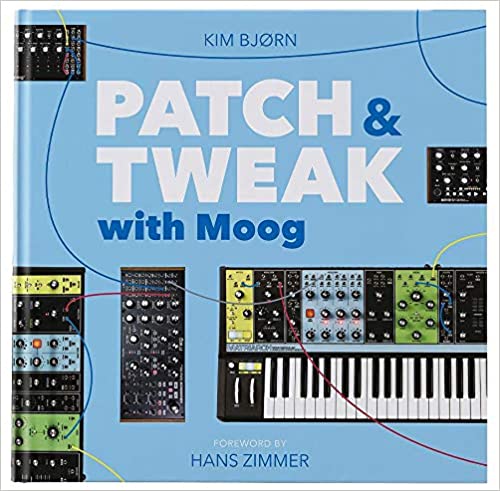






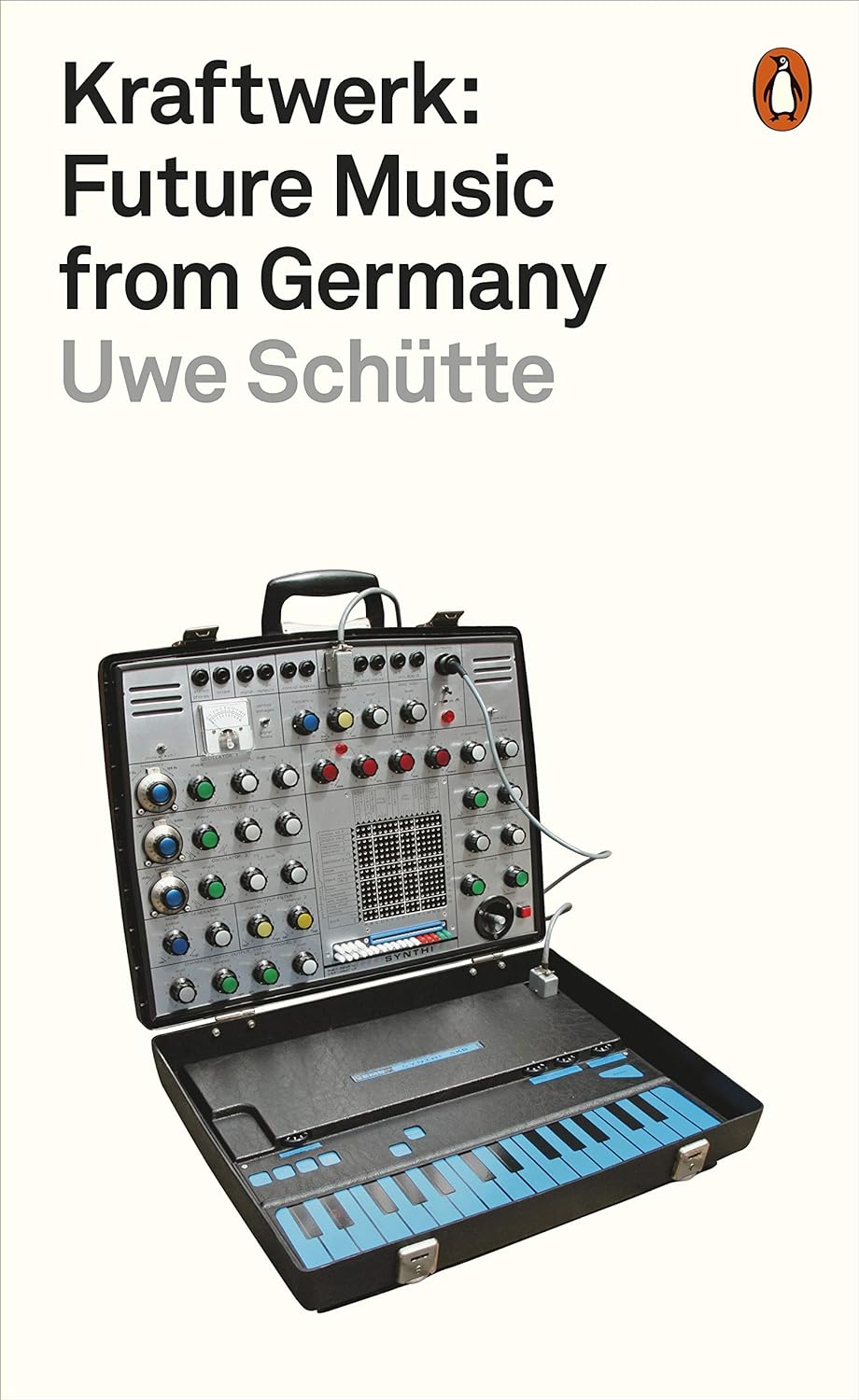
© Matrixsynth - All posts are presented here for informative, historical and educative purposes as applicable within fair use.
MATRIXSYNTH is supported by affiliate links that use cookies to track clickthroughs and sales. See the privacy policy for details.
MATRIXSYNTH - EVERYTHING SYNTH













© Matrixsynth - All posts are presented here for informative, historical and educative purposes as applicable within fair use.
MATRIXSYNTH is supported by affiliate links that use cookies to track clickthroughs and sales. See the privacy policy for details.
MATRIXSYNTH - EVERYTHING SYNTH
Subscribe to:
Post Comments (Atom)








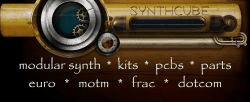











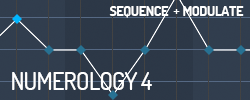





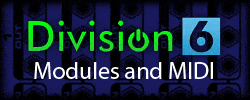

No comments:
Post a Comment
To reduce spam, comments for posts older than one week are not displayed until approved, usually same day. Do not insult people. For items for sale, do not ask if it is still available. Check the auction link and search for the item. Auctions are from various sellers and expire over time. Posts remain for the pics and historical purposes. This site is meant to be a daily snapshot of some of what was out there in the world of synths.